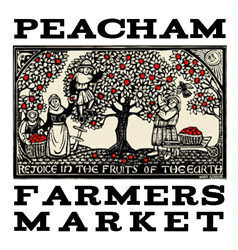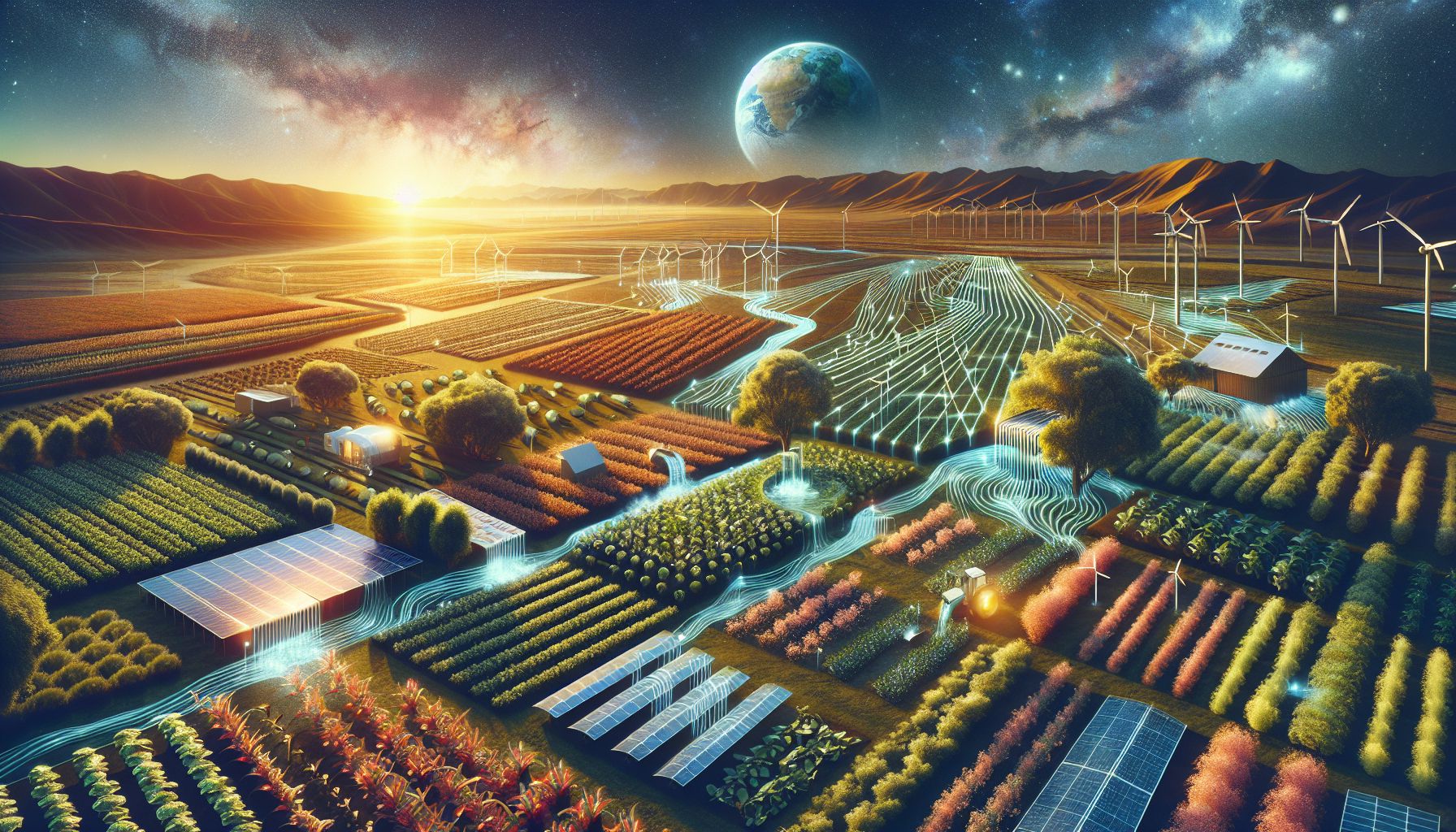We often forget that the food on our plates is the product of an intricate process involving farmers, their land, and the environment. Farming, one of the oldest occupations, has been the backbone of human survival and societal evolution. The concept of sustainable agriculture has now become crucial, with climate change and environmental degradation posing significant threats to our planet. In this blog post, we will dive into the latest trends in sustainable farming, the challenges faced by farmers, and the impact of farming on the environment.
 Sustainable farming, also known as regenerative agriculture, is a way of producing food and other agricultural products in a manner that is environmentally friendly, socially responsible, and economically viable. It promotes soil health, reduces the use of chemicals, and conserves resources. One of the latest trends in sustainable farming is the use of technology.
Sustainable farming, also known as regenerative agriculture, is a way of producing food and other agricultural products in a manner that is environmentally friendly, socially responsible, and economically viable. It promotes soil health, reduces the use of chemicals, and conserves resources. One of the latest trends in sustainable farming is the use of technology.
With the fifth industrial revolution upon us, farmers are increasingly relying on technology to improve their productivity and sustainability. From precision farming techniques, using drones and sensors to collect data on crops, to the use of genetically modified organisms to increase yield and reduce water usage, technology is transforming traditional farming practices. The integration of technology has not only made farming more efficient and cost-effective, but it has also reduced the environmental impact of agriculture.
However, the adoption of sustainable farming practices and technology comes with its own set of challenges. Farmers face difficulties in the form of climate change, fluctuating market prices, and access to credit and resources. Climate change has resulted in extreme weather conditions, such as droughts and floods, which can destroy entire crops and result in financial losses for farmers. Market prices for agricultural products are volatile, making it challenging for farmers to plan and grow their crops according to demand. Furthermore, small-scale farmers often struggle to secure loans and resources to invest in sustainable farming practices, hindering their ability to transition to more environmentally friendly methods.
Apart from the challenges faced by farmers, farming itself has a significant impact on the environment. Conventional farming practices, such as the use of chemical fertilizers and pesticides, contribute to water and air pollution, soil erosion, and loss of biodiversity. The production of monoculture crops, which are focused on maximizing yield, has led to the loss of natural habitats for wildlife and reduced genetic diversity in crops. Additionally, the overuse of irrigation and water-intensive crops has resulted in water scarcity in many regions.
The importance of sustainable farming in today’s world cannot be overstated. As the global population continues to grow, and resources become scarce, we need to adopt sustainable practices to ensure food security for our future generations. Sustainable farming not only benefits the environment but also the health of individuals and communities. The use of organic farming methods results in healthier, chemical-free produce, which can improve human health. Sustainable farming practices also promote social responsibility by providing fair wages and safe working conditions for farmworkers.
As we look towards the future, sustainable farming will play a crucial role in ensuring a sustainable and livable planet for all. Governments, organizations, and individuals must work together to support and promote sustainable agriculture practices. This can be done by providing incentives to farmers to adopt eco-friendly methods, investing in research and development of sustainable technologies, and educating consumers about the importance of sustainable farming.
In conclusion, farming has come a long way from its humble beginnings. With the world’s population projected to reach 9.7 billion by 2050, the demand for food will continue to increase. Sustainable farming practices, along with the use of technology, are crucial in meeting this demand while preserving our planet. By supporting and promoting sustainable farming, we can make a positive impact on the environment, society, and the economy. As consumers, we can also play a part by making conscious choices and supporting local and organic farming. It is time to acknowledge the significant role that sustainable farming plays in shaping our future.

